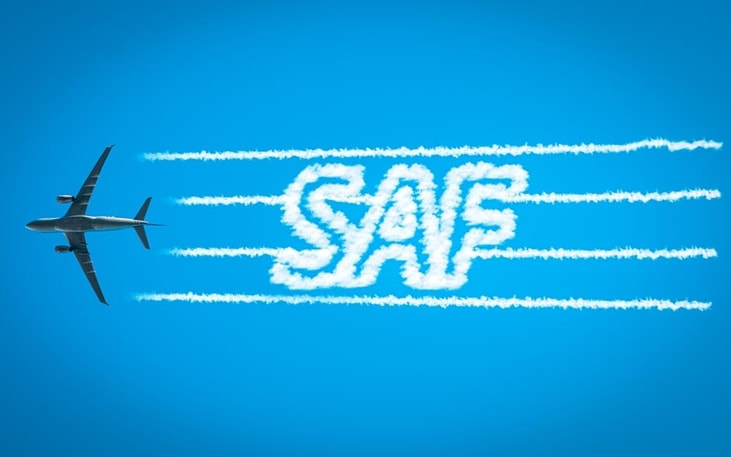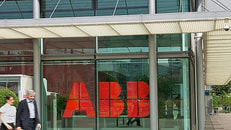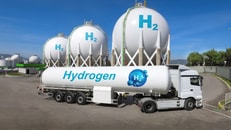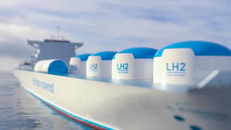Denmark receives ‘historic’ clean jet fuel delivery to meet growing demand
Denmark has received a record quantity of sustainable aviation fuel (SAF) at a terminal in Prøvestenen. The delivery marks the starting point of the country’s aim meet the growing demand for sustainable aviation fuel (SAF) from airlines by establishing the country’s first large-scale SAF storage.
By establishing a first large-scale SAF storage on Danish, DCC & Shell Aviation will give the Danish aviation industry a head start on the EU’s 2025 requirements to mandate airlines to fly with an increasing proportion of SAF.
The company has been considering building a large-scale SAF supply base in the country since 2021, when it signed a deal with Sonderborg Airport for SAF supplies for the domestic route to Copenhagen.
... to continue reading you must be subscribed
























